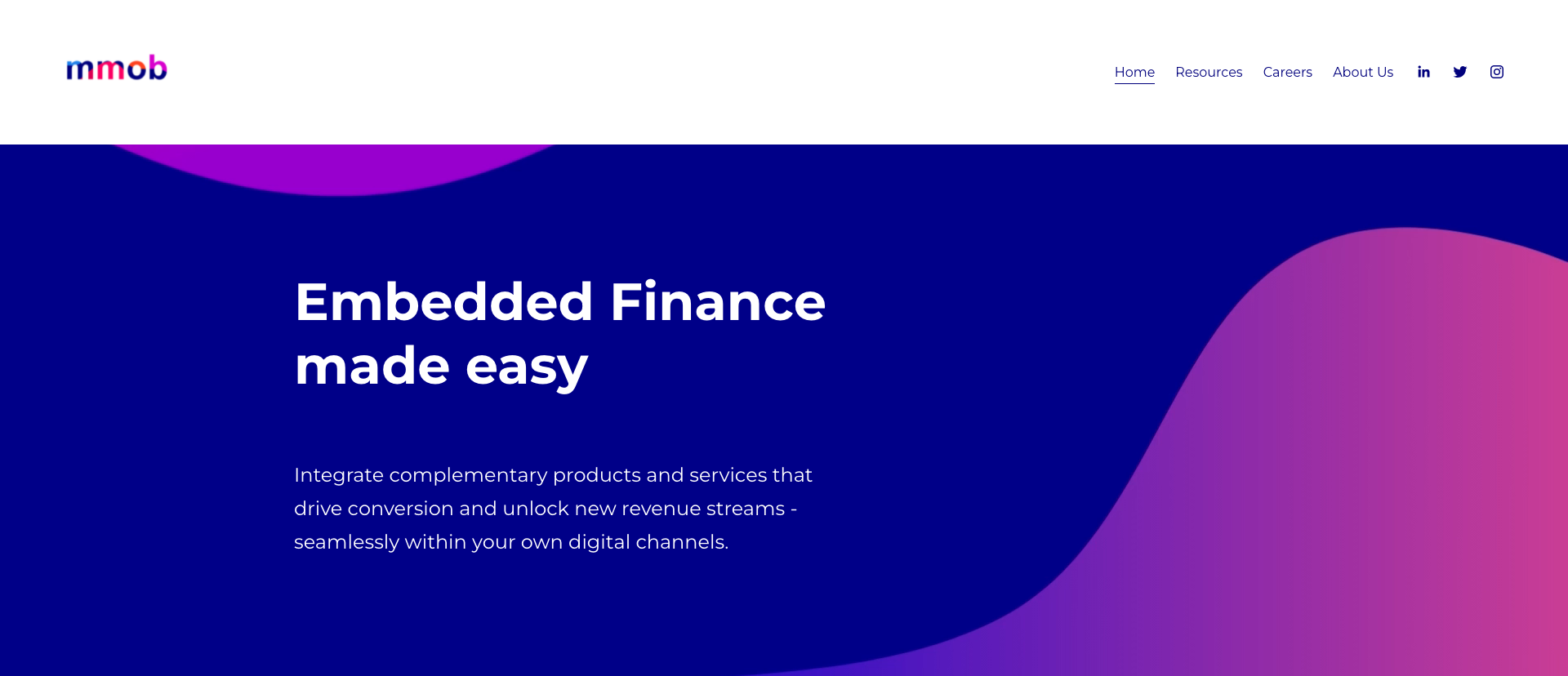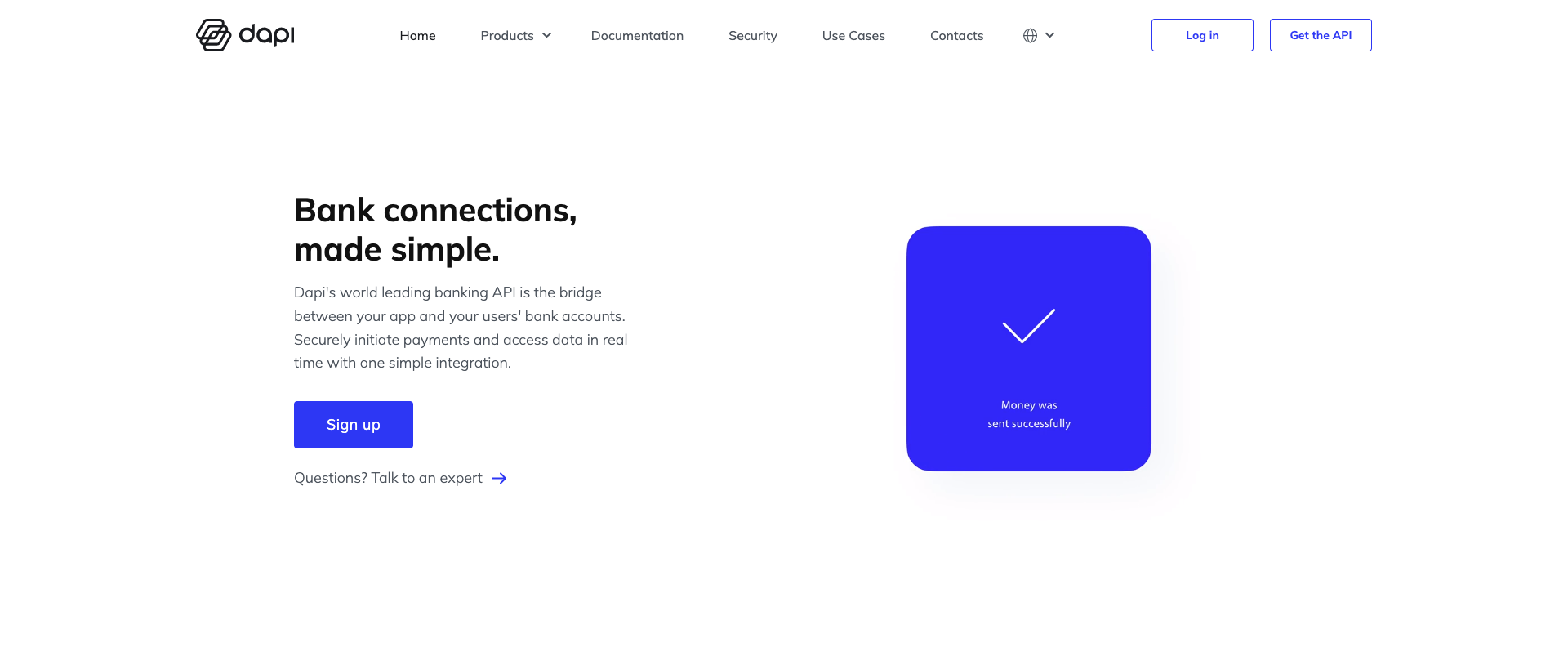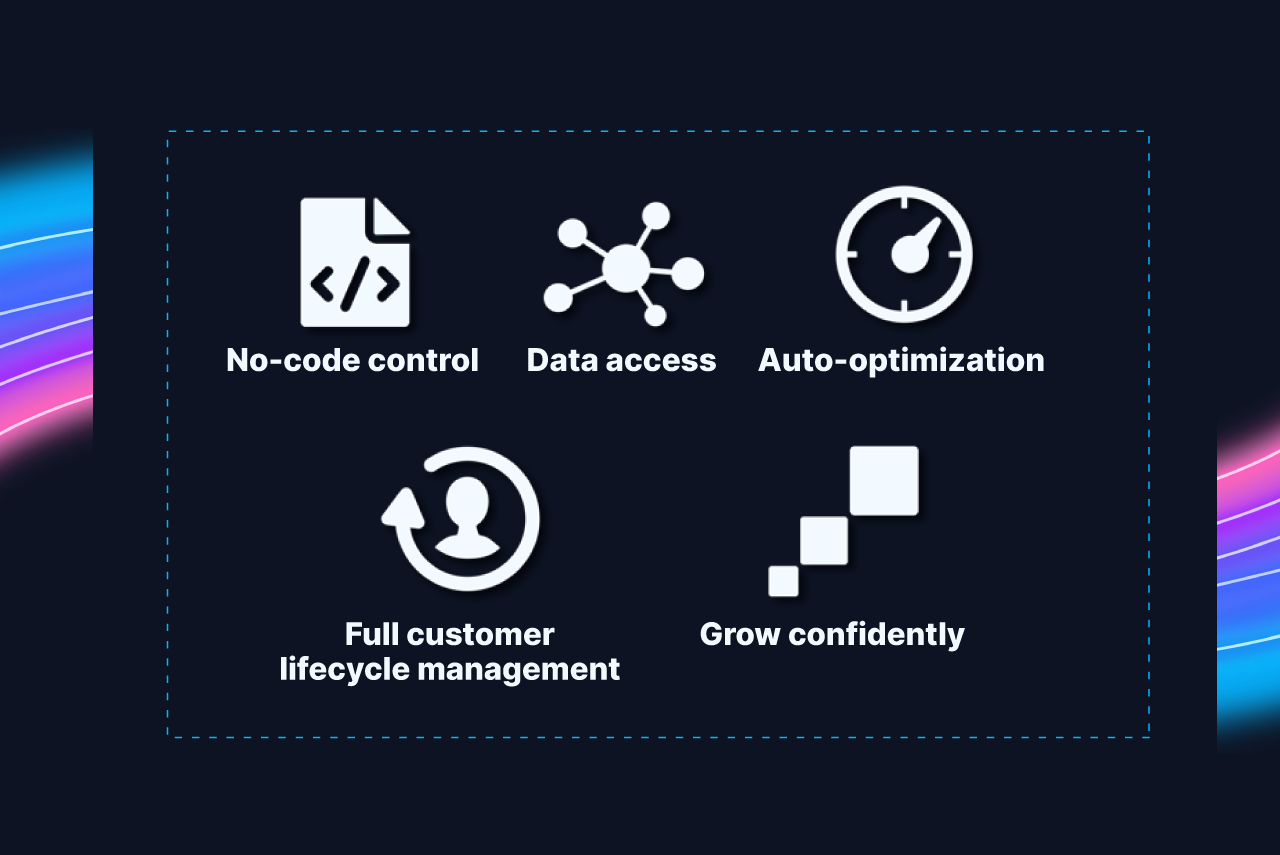
- Ecommerce company Shopify has unveiled more than 100 new announcements today.
- Among the top new releases are a marketplace that allows fans to use their NFTs to receive personalized benefits and a tool that allows merchants to sell to their audience on Twitter.
- The announcements were made as part of Shopify Editions, Shopify’s new, semi-annual showcase of fresh tools and updates for its merchant clients.
Ecommerce player Shopify is debuting Shopify Editions, the company’s semi-annual showcase of new tools and capabilities for merchant clients. In today’s announcement, the company is unveiling more than 100 new updates and launches to power what it is calling Connect to Consumer (C2C).
“Welcome to Shopify Editions, where twice a year we show you everything that we’ve been building,” Shopify stated on its website. “We know that brands need new ways to engage with their customers—and that means creating new connections. So this release of Editions features everything you need to win in the new era of commerce: Connect to Consumer.”

Here are some highlights of features Shopify has released so far this year:
- Point of Sale, which helps merchants sell to customers where they are, including in-person, online, and anywhere else.
- Hydrogen and Oxygen, which helps any size of merchant start, build, and deploy custom storefronts.
- B2B on Shopify, an offering that enables Shopify Plus merchants to sell to other businesses on the same platform that they use for selling direct-to-consumer.
- Shopify Markets, which makes it easy for merchants to engage with and sell to buyers in international markets.
- Tokengated Commerce, a marketplace that allows fans to use their NFTs to receive personalized benefits such as exclusive merchandise and early access to product releases.
- Twitter Sales Channel, a tool that allows merchants to highlight their products on their Twitter profile and sell to their audience on Twitter.
- Tap to Pay on iPhone, which leverages a partnership with Stripe to enable Shopify point-of-sale merchants to expand into offline retail without additional hardware.
- Local Inventory on Google, a tool that automatically notifies nearby customers when a product is available in store.
- Shopify Functions, which allows developers to extend or replace Shopify’s backend logic with custom code.
Shopify has also released some smaller updates over the past six months. The company has added data sharing controls, money management tools, carbon neutral shipping options, and its Shopify Capital tool has increased the funding limit for first-time borrowers.
For a look into the rest of the 100+ announcements Shopify is making today, check out the Shopify Editions release page.
While many of the new releases themselves are notable, so is the way the company has decided to unveil them. By rolling up all of the new updates and releases into one large announcement, Shopify is able to make a big deal of even the smallest of updates. For fintechs with fast development cycles and international rollouts, this could be a good model for complex public releases.
Canada-based Shopify was founded in 2004 to bring ecommerce websites and tools to retailers. Since then, millions of businesses in 175 countries have used Shopify to make over $496 billion in sales. Tobias Lütke is CEO.












